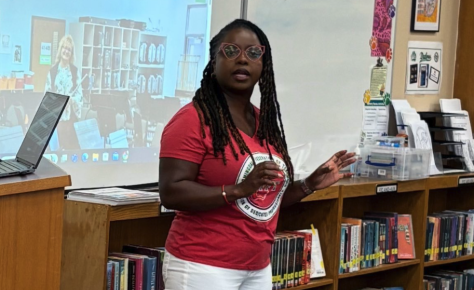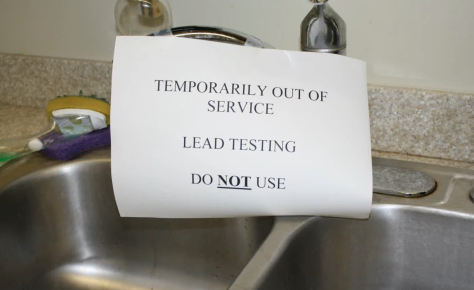During the month of March we commemorate Womens' History month. In this months message I would like to highlight the work of women in building early union solidarity.
From the Industrial Revolution to the rise of mass production in the early 20th century, women were forced mostly for their own safety, to develop a relationship with the union movement.
During the 19th century, women entered factories in large numbers, working fourteen hours a day, six days a week in dangerous jobs for very low pay. In 1844 Women from the textile mills of Lowell, Massachusetts formed themselves into the Lowell Female Labor Reform Association (LFLRA). They were led by Sarah Bagley, who testified fearlessly before the Massachusetts legislature about requirements forcing them to work on more machines at a faster rate which was endangering their physical well-being. In 1866 newly freed black women, working as laundresses in Jackson, Mississippi, formed a union and went on strike for higher wages.
Mary Harris "Mother" Jones was an Irish American schoolteacher and labor organizer. She organized and supported mining country strikes in the eastern United States. In 1903, she organized the Children's Crusade, in which children who worked in mines and factories marched from Philadelphia to President Theodore Roosevelt's home in Oyster Bay, N.Y., with banners stating, "We want to go to school and not to the mines!"
In 1919 the The National Federation of Business and Professional Women's Clubs was founded. The three major issues that shaped their legislative agenda was the elimination of sex discrimination in employment, the principle of equal pay, and the need for a comprehensive equal rights amendment.
1965 Dolores Huerta became the first female leader of the farm workers union. She co-founded the United Farm Workers with Cesar Chavez and became its contract negotiator.
All throughout the development of unionism, women played key roles out of necessity to provide a decent standard of living for themselves and their families. Today we have women like Mary Kay Henry who in 2010 was unanimously elected the International President and the first woman to lead SEIU (Service Employees International Union). On the educational labor front we have Randi Weingarten president of AFT (American Federation of Teachers) and Lily Eskelsen Garcia, president of NEA (National Educators Association) who advocate for both teachers and students on a national level.
As we celebrate Women's History Month this March, we should recognize the incredible contributions that women have made to the labor movement and American history.



